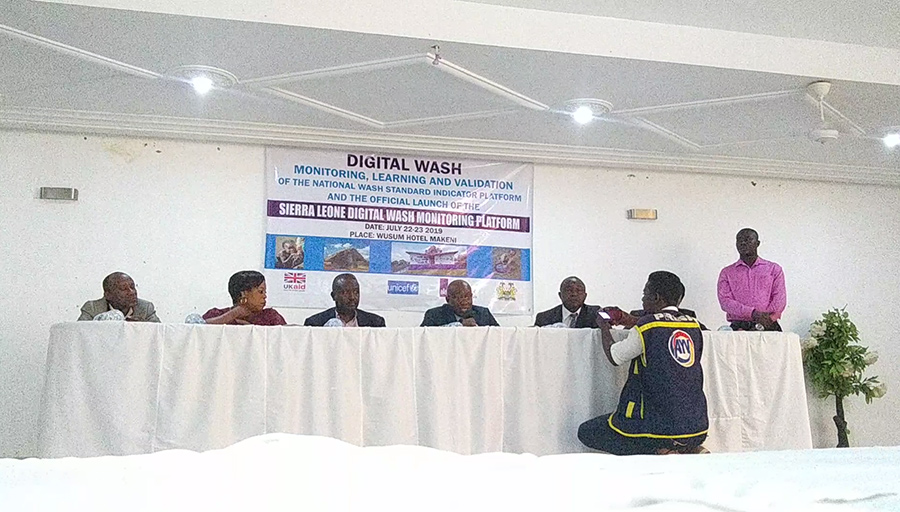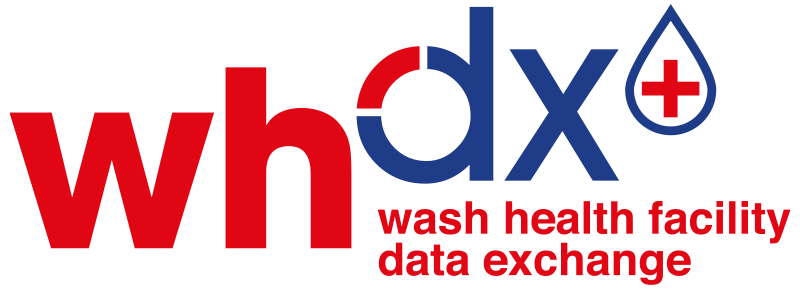Today is a momentous event for WASH monitoring in Sierra Leone. I want to start by thanking all the development partners who have supported us from 2016, led by UNICEF, AfDB, IRC, Akvo, Global Water Challenge & WPDx and recently Njala University. I extend our thanks to the UK and Dutch governments who provided most of the funds to support the WASH data journey. I also want to thank the UNICEF Country Representative, Dr. Hamid who has made time to be here in person during this launch.
Data is at the heart of any meaningful development in any country. In WASH, data is especially critical because the changes impact on other development indices directly. The government through the Ministry of Water Resources together with the Ministry of Health & Sanitation has been strengthening WASH M&E in the last 5 years. Currently, we pride ourselves to have one of the most comprehensive WASH data in the region. Most importantly we now have the capacity to collect, transmit, store, integrate and analyze all our WASH data digitally. This is no mean feat and we appreciate all the efforts that have gone into making this a reality and a first for Sierra Leone.
…
We have continued our journey on the improvement of the of WASH monitoring by partnering with the Global Water Challenge (GWC) to help us undertake advanced analytics from the WASH data in our database to produce useful insights that inform decision making for WASH planning. It is very exciting that now with correct data we can accurately determine where we will get the best value for money by building the next water point. It will also give us information on the performance of WASH technologies and helps to decide on the best fit for our country. In the past one week, GWC has been training government and other WASH sector staff on how to undertake these advanced analytics. I am proud that 50 WASH staff graduated and that will spearhead taking WASH in Sierra Leone to the next level.
…
This is a major milestone for Sierra Leone. As we work together on routine monitoring, routine data sharing, and routine data use, we will become one of the first countries in the world to regularly collect, share, and use data. This is a leadership opportunity for our country and one that will allow us to accelerate progress towards attainment of SDG 6.

